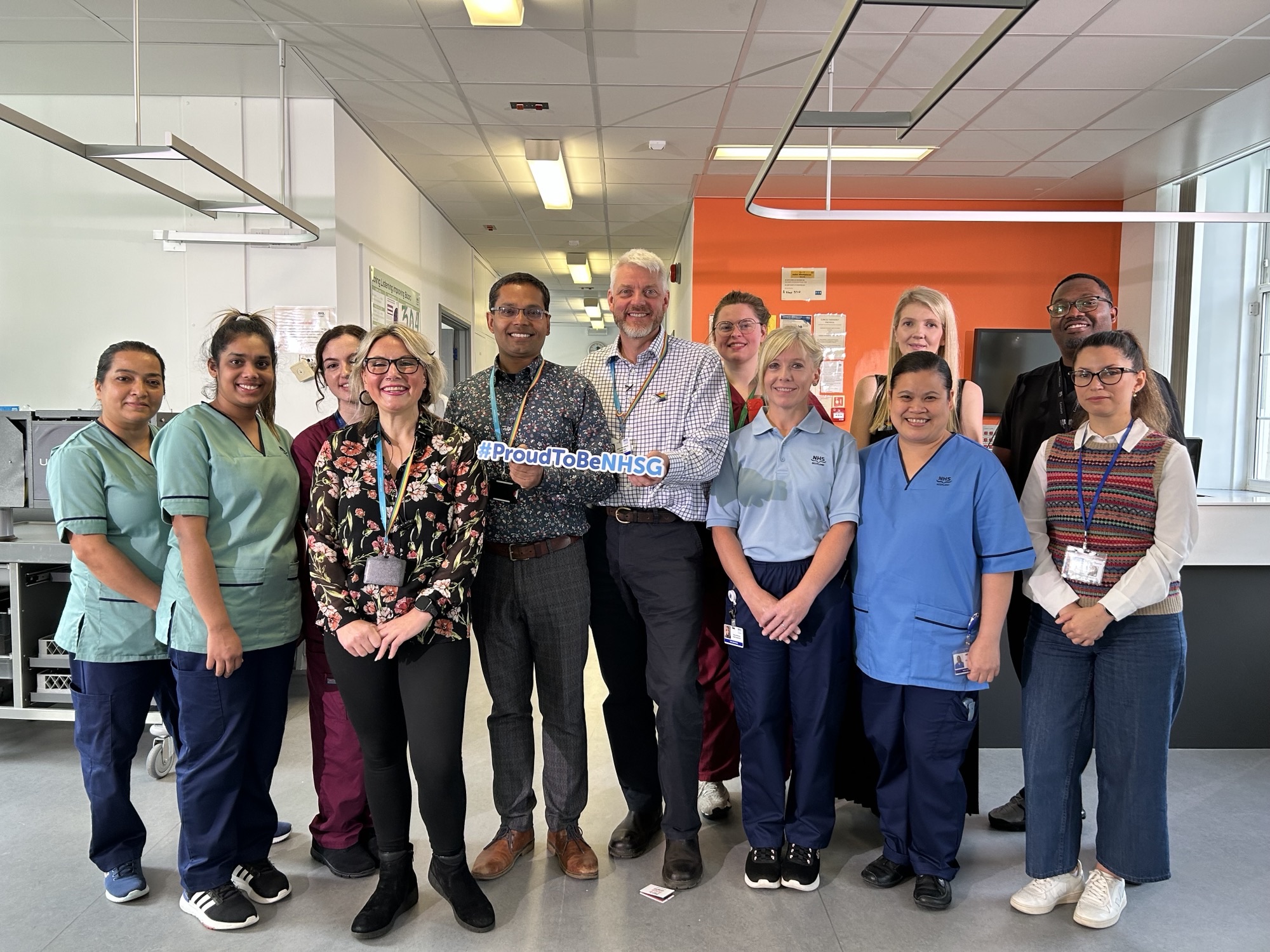Launching our Plan
NHS Grampian is to bring together colleagues and partners for a one-day Diversity Festival in October as part of launching its new plan to tackle racism.
The Anti-Racism Plan is believed to be the first of its kind among regional Scottish health boards and its launch will mark the beginning of a 12-month programme to raise awareness and offer training opportunities across all NHS Grampian sites.
NHS Grampian Deputy Chief Executive Adam Coldwells explains: “NHS Grampian has a longstanding commitment to equality and diversity but there will always be more we can do. This is about making progress as a workplace and as a community where everyone feels supported, included and empowered.
“The event will help colleagues to learn more about how to support wellbeing, to share examples of lived experience, to discuss ‘speaking up’ and learn more about key programmes including ‘Civility Saves Lives’. Awareness raising is a fundamental part of achieving progress, as is giving people a safe space to share their thoughts.”
A new chapter began in NHS Grampian’s equalities journey after an open letter was sent from the University of Aberdeen Black Medical Society to the University and NHS Grampian in 2020. The letter raised examples of the racism students experienced during their training and the distress this was causing.
Ongoing engagement with students, colleagues and partners has shone a light on the devastating impact on the wellbeing of those affected by racism, discrimination and more commonplace micro-aggressions.
Dr Sneh Banik is a stroke medicine consultant physician at Aberdeen Royal Infirmary, and he is also NHS Grampian’s Equality and Diversity Champion. He has worked as part of a joint NHS Grampian and University of Aberdeen Race Taskforce as well as NHS Grampian’s Staff Equalities Network and the Grampian Empowered Multicultural Staff (GEMS) Group, who have all contributed to the development of the new Anti-Racism Plan. Sneh supports colleagues and students who experience prejudice.
He says: “It's really important that someone stands up for you when you face racism. If people see or hear something that makes them uncomfortable, they should speak up because it can really help the person who's being hurt.
“As we’re hoping to share through the plan, anti-racism is understanding that society has been built upon centuries of inequality – prioritising one race or culture over another – and that prejudice still exists. It’s not about being free of racism. It is about acknowledging racism or bias exists within us and wider society and making a commitment to challenge it.”
NHS Grampian’s ‘It’s ok to talk about race’ video (https://youtu.be/BHk0AwvRp_o) is a helpful resource. It highlights the importance of speaking up, of being an active bystander, and of reporting racist incidents – by sharing the lived experiences of colleagues.

